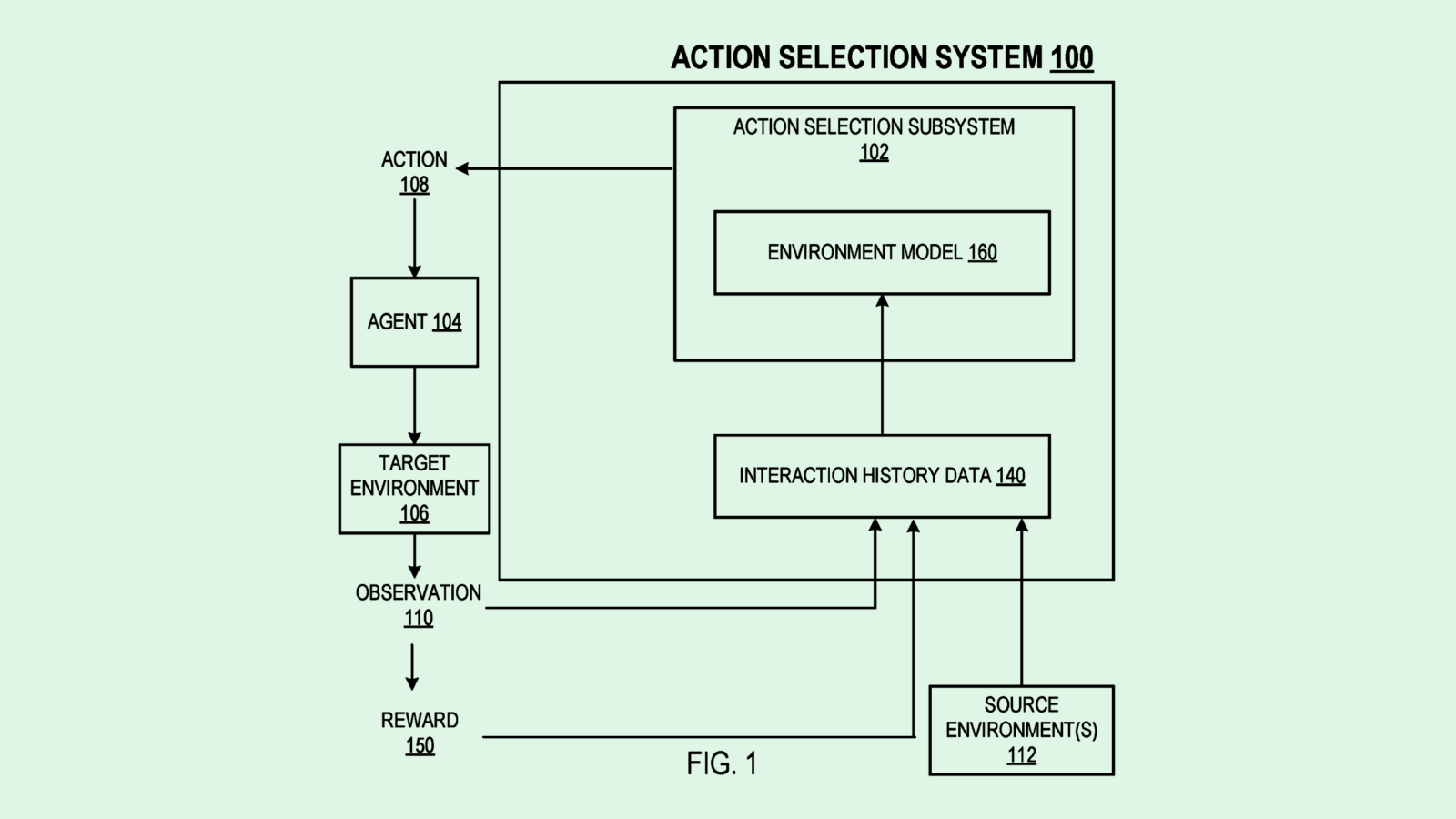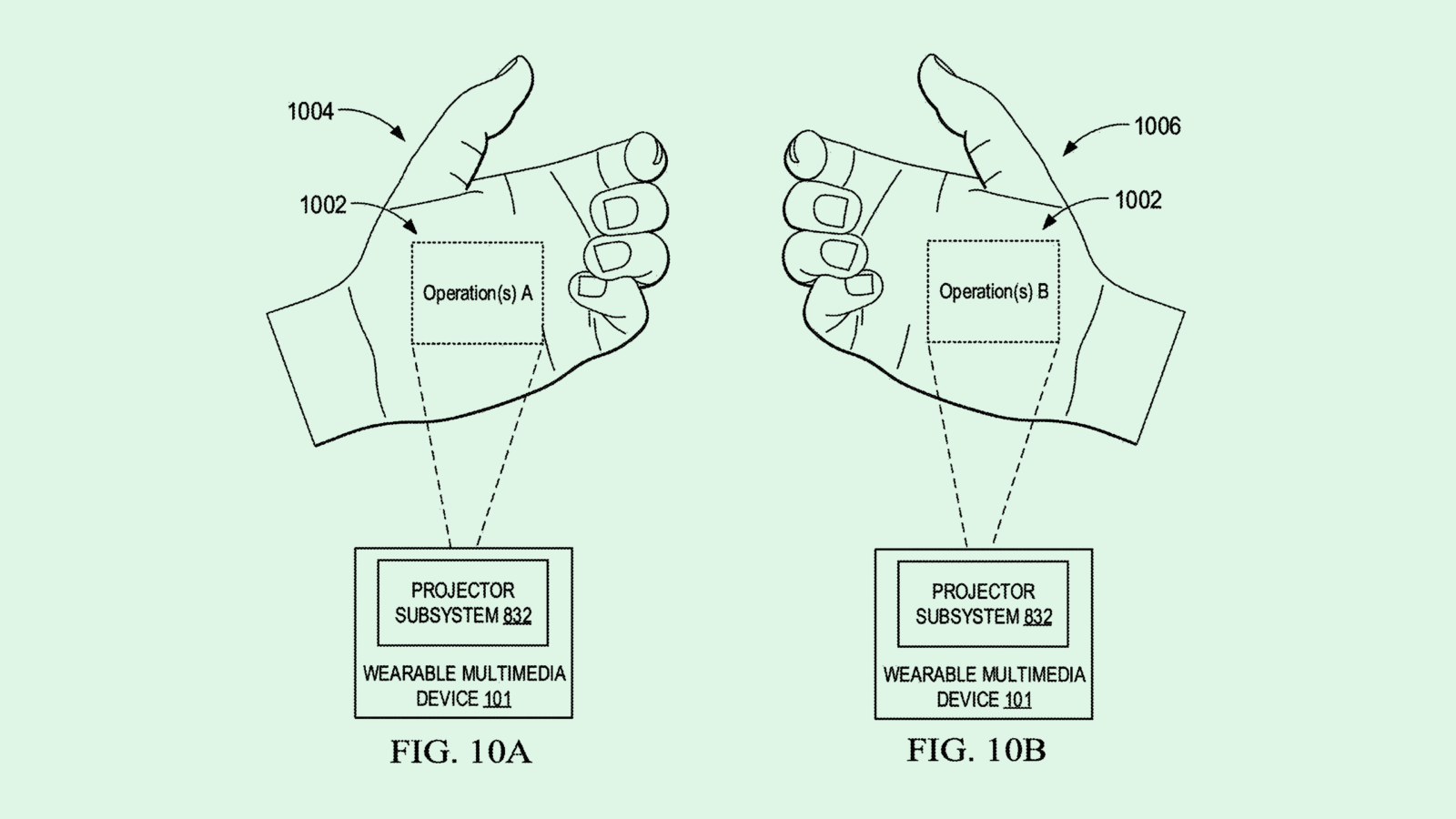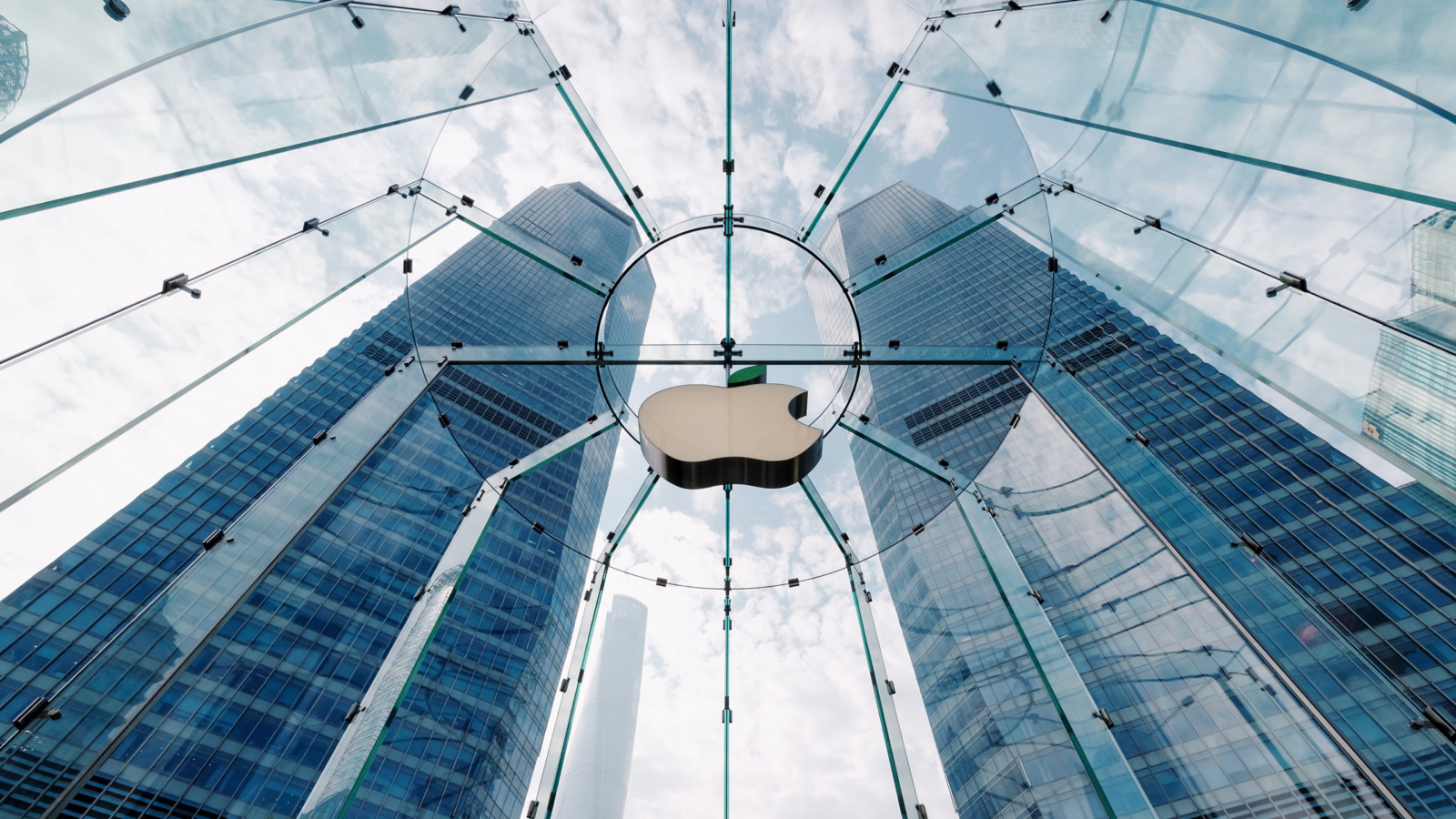European Stock Markets May Need a Makeover
Despite record highs, the region’s equities markets have fallen behind the US in star power, trading volume, and IPOs.

Sign up for smart news, insights, and analysis on the biggest financial stories of the day.
European stock markets are doing better than okay, but investors there still look across the pond and wonder, “Why can’t that be us?”
Over the weekend, the Financial Times published a chart-heavy analysis that explored why equity markets in Europe — despite those record highs — are suffering lower trading volumes and a drip-drip IPO market while losing ground to a relatively more vibrant US equities infrastructure.
0-for-7
By now, most market-watchers are familiar with the Magnificent Seven, the seven tech stocks (Alphabet/Amazon/Apple/Meta/Microsoft/Nvidia/Tesla) that now account for about 30% of the value of the entire S&P 500 index. Those seven stocks collectively rose by about 120% from the S&P’s most recent low in October 2022 to the middle of January 2024, accounting for roughly 60% of the S&P 500’s return in that time.
In case you haven’t noticed, the Seven have a shared nationality: they’re all American. As a result, a virtuous cycle took hold — asset managers and pension funds from around the world couldn’t afford to miss out on hitching a ride with those seven stocks and continued to pour money into them and their US exchanges. Europe does have some very large tech companies (SAP, Vodafone), they just don’t have the very large tech companies that have dominated the investing mindshare over the last decade or so. Part of that also stems from Europe not having a Silicon Valley — and not having a venture-capitalist culture of betting regularly on supernova growth companies, some of whom will fail and some of whom become Nvidia.
But other differences are also at play:
- Another key marker noted by the FT is Europe’s market structure, which is inherently more complex given the number of countries in Europe and the politics of national pride in maintaining separate listing venues. In Europe, that means 35 listing exchanges, 41 trading exchanges, and 18 central clearing houses — all of which means trading activity takes place in many markets, divvying up liquidity.
- The pandemic saw a surge of Americans sitting at home getting into stock trading for lack of anything better to do with their money. Europeans, who are less bombarded by Robinhood ads, are just… not that into trading stocks. At the end of 2021, 32% of EU household assets were in cash, according to the FT. In the US, that figure was 13%.
Pay That Man His Money: Speaking of widening gaps, the FT separately reported over the weekend that several UK corporate boards are raising CEO pay to keep up with the compensation that US firms are paying, somewhat of an about-face for companies that previously avoided bidding wars. The issue has been recently bubbling up, helped by the high-profile departure of Reckitt Benckiser CEO Laxman Narasimhan, who quadrupled his salary after leaving to take the top job at Starbucks. But they have some serious catching up to do. In America, you try questioning Elon Musk’s $55 billion Tesla pay package, he’ll happily incorporate his companies somewhere else.









